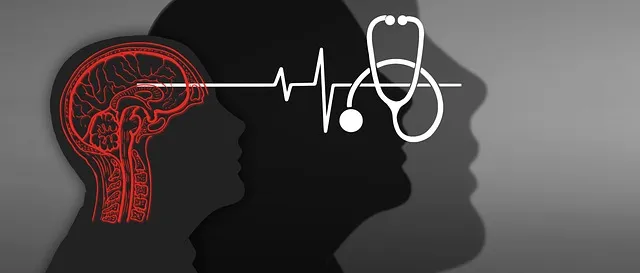The Northglenn Kaiser Permanente behavioral health center focuses on cultural diversity in its holistic care approach to address the growing need for inclusive mental healthcare. By educating staff about various cultural practices and beliefs through self-awareness exercises, the center provides personalized treatment tailored to patients' unique needs. This initiative aims to facilitate effective emotional healing processes based on patients' cultural identities, supporting their recovery and overall well-being. The center prioritizes overcoming language barriers and providing culturally sensitive care for diverse communities, ensuring trust and equal access to mental health services.
Cultural sensitivity is a cornerstone of quality mental healthcare, especially within diverse communities served by centers like Northglenn Kaiser Permanente’s behavioral health center. This article explores the nuanced challenges and offers practical strategies for delivering culturally sensitive care in such settings. By understanding the rich tapestry of cultural diversity in Northglenn and the specific hurdles faced at behavioral health centers, we can enhance patient outcomes and foster inclusive environments that honor diverse traditions and perspectives.
- Understanding Cultural Diversity in Northglenn Kaiser Permanente
- Challenges in Behavioral Health Center Settings
- Strategies for Culturally Sensitive Care Implementation
Understanding Cultural Diversity in Northglenn Kaiser Permanente

Northglenn Kaiser Permanente’s behavioral health center recognizes and embraces cultural diversity as a core aspect of providing holistic care. In a society characterized by increasingly diverse communities, understanding and respecting various cultural backgrounds is essential for effective mental healthcare. The center strives to create an inclusive environment where individuals from different ethnic, racial, and socioeconomic groups feel accepted and supported. By promoting cultural sensitivity, the behavioral health center ensures that every patient receives personalized treatment tailored to their unique needs.
This approach involves educating staff about diverse cultural practices, beliefs, and challenges related to mental health. For instance, certain communities may have specific traditions or rituals for coping with stress and emotional distress, which can be integrated into therapy sessions as self-awareness exercises. The center’s goal is to facilitate emotional healing processes that resonate with each patient’s cultural identity, fostering trust and encouraging open communication. Such initiatives are vital in building a strong foundation for recovery and overall well-being within the diverse population of Northglenn Kaiser Permanente’s service area.
Challenges in Behavioral Health Center Settings

The diverse nature of communities served by Northglenn Kaiser Permanente behavioral health center presents unique challenges in mental healthcare practice. Cultural sensitivity is paramount to ensuring effective treatment and building trust among patients from various ethnic, racial, and socioeconomic backgrounds. One significant hurdle is overcoming language barriers, which can hinder open communication and accurate diagnosis. Mental health professionals must be proficient in providing services accessible to all, including translating resources and employing interpreters during sessions.
Additionally, managing complex cases involving cultural nuances requires specialized training. For instance, understanding the impact of trauma on individuals from different cultural contexts is crucial for addressing mood management and fostering positive thinking. Risk management planning for mental health professionals in these settings involves being alert to potential cultural triggers and adapting therapeutic approaches accordingly, ensuring a safe and inclusive environment for every patient.
Strategies for Culturally Sensitive Care Implementation

Implementing culturally sensitive care at the Northglenn Kaiser Permanente behavioral health center involves several strategies. Firstly, staff training is paramount. Educating healthcare professionals about diverse cultural backgrounds, beliefs, and practices ensures they can provide tailored support to patients from various communities. This includes learning about specific therapeutic approaches that resonate with different cultures, fostering an environment where individuals feel comfortable sharing their unique experiences.
Additionally, establishing clear communication channels and translating services into multiple languages are essential steps. Using culturally relevant materials and interpreters facilitates better understanding between patients and caregivers, enhancing trust and cooperation. These initiatives not only improve patient outcomes but also promote equal access to Anxiety Relief and Positive Thinking resources, contributing to broader Mental Health Awareness.
In light of the diverse communities served by Northglenn Kaiser Permanente behavioral health centers, fostering cultural sensitivity is essential. By understanding and addressing the unique needs and challenges presented by this cultural diversity, as discussed in this article, healthcare providers can significantly improve patient outcomes and experiences. Implementing culturally sensitive care strategies not only enhances the quality of services but also promotes equitable access to mental healthcare for all individuals, regardless of their background. This approach is pivotal in creating inclusive environments that reflect and respect the rich tapestry of Northglenn’s cultural landscape.






